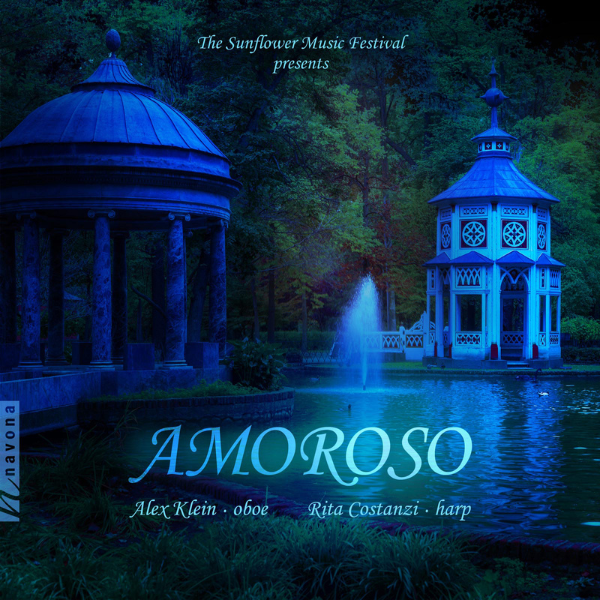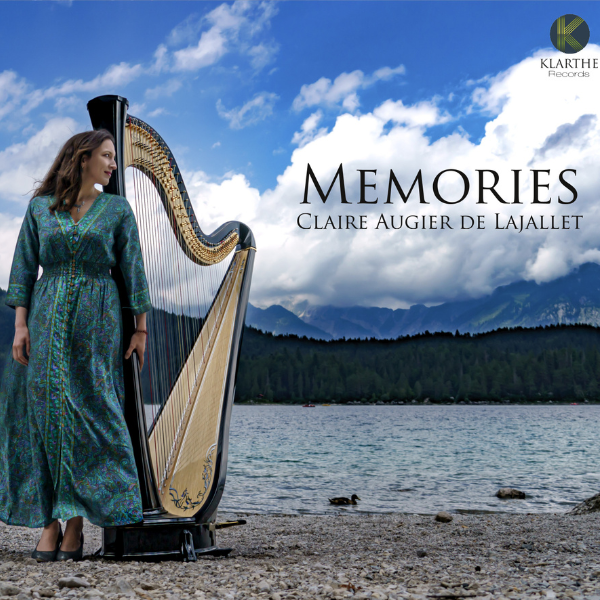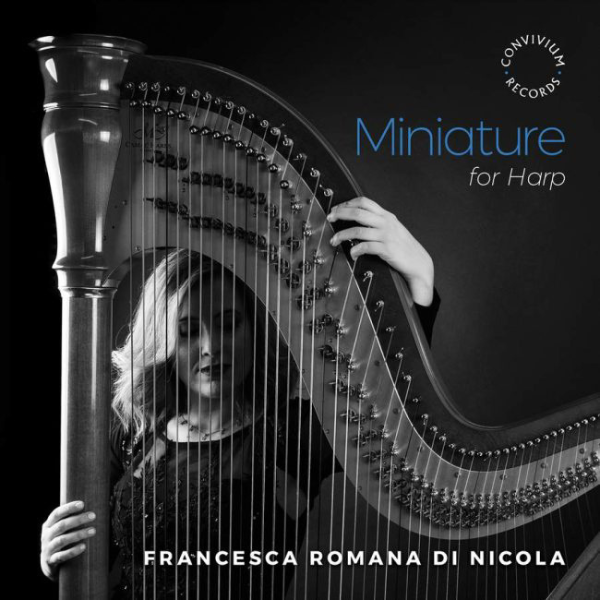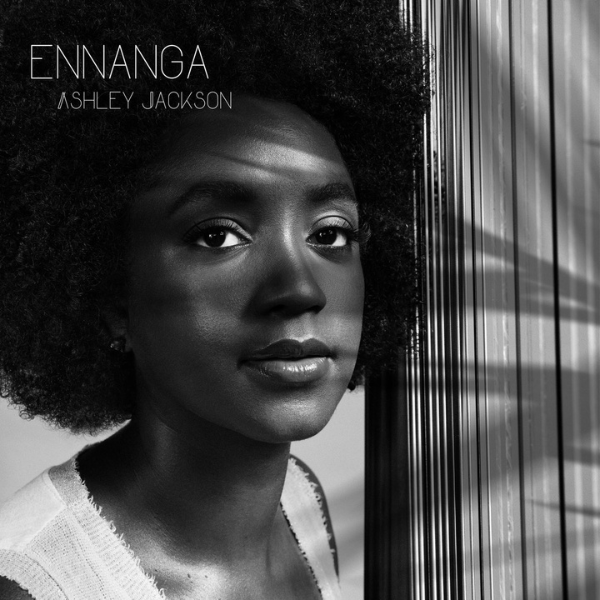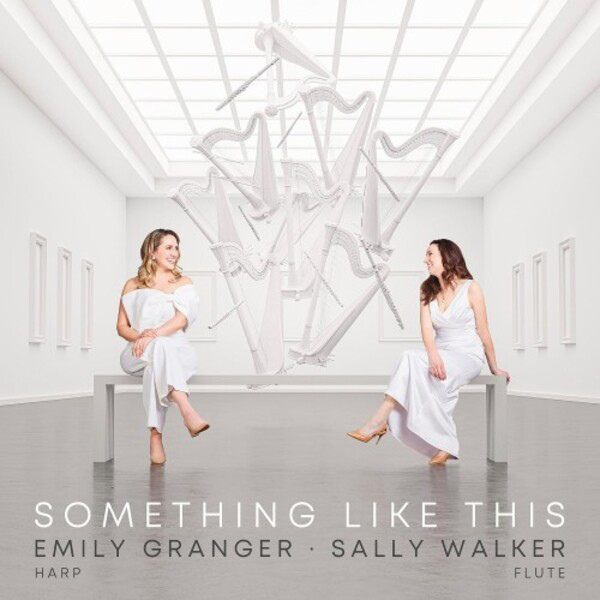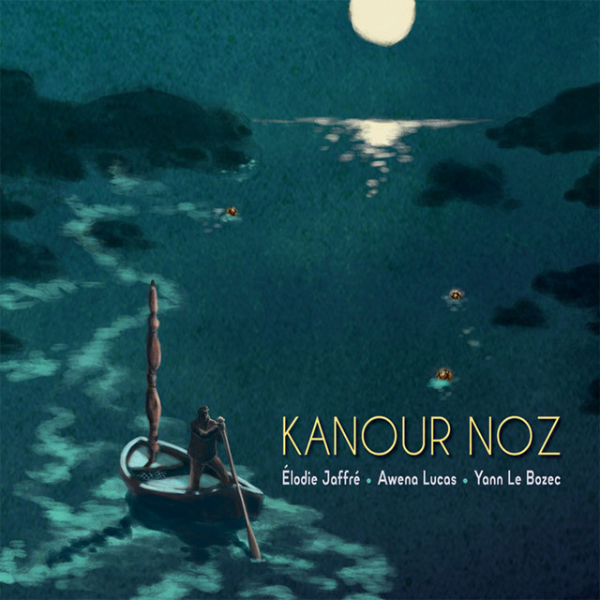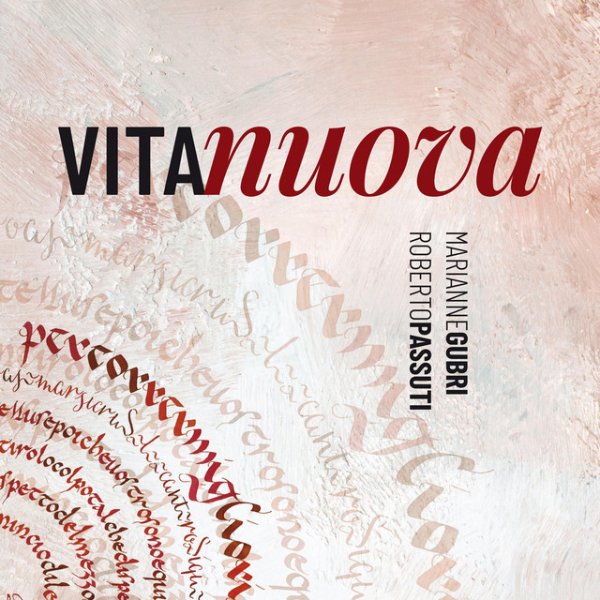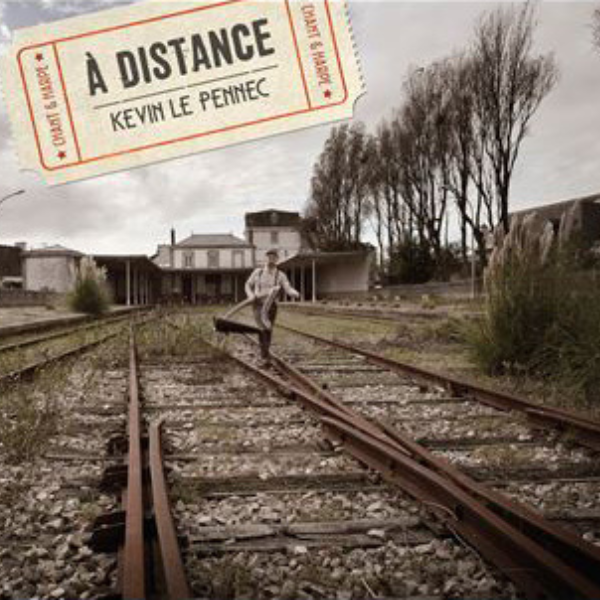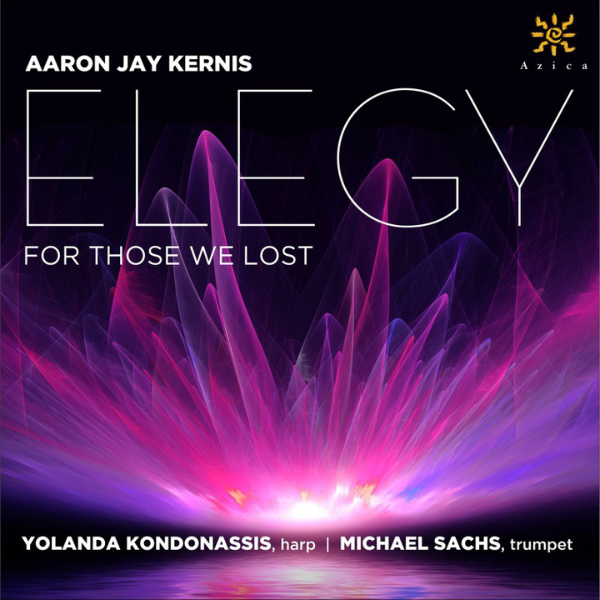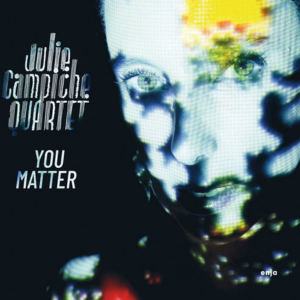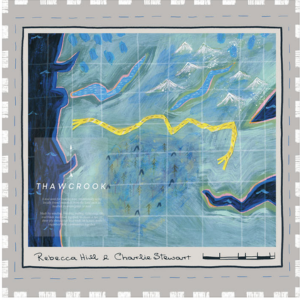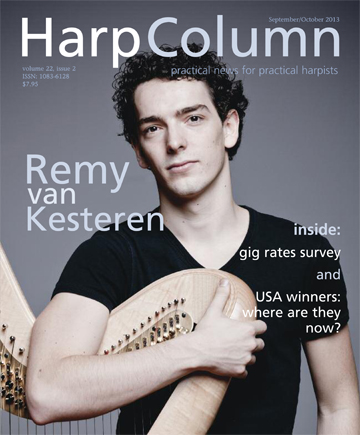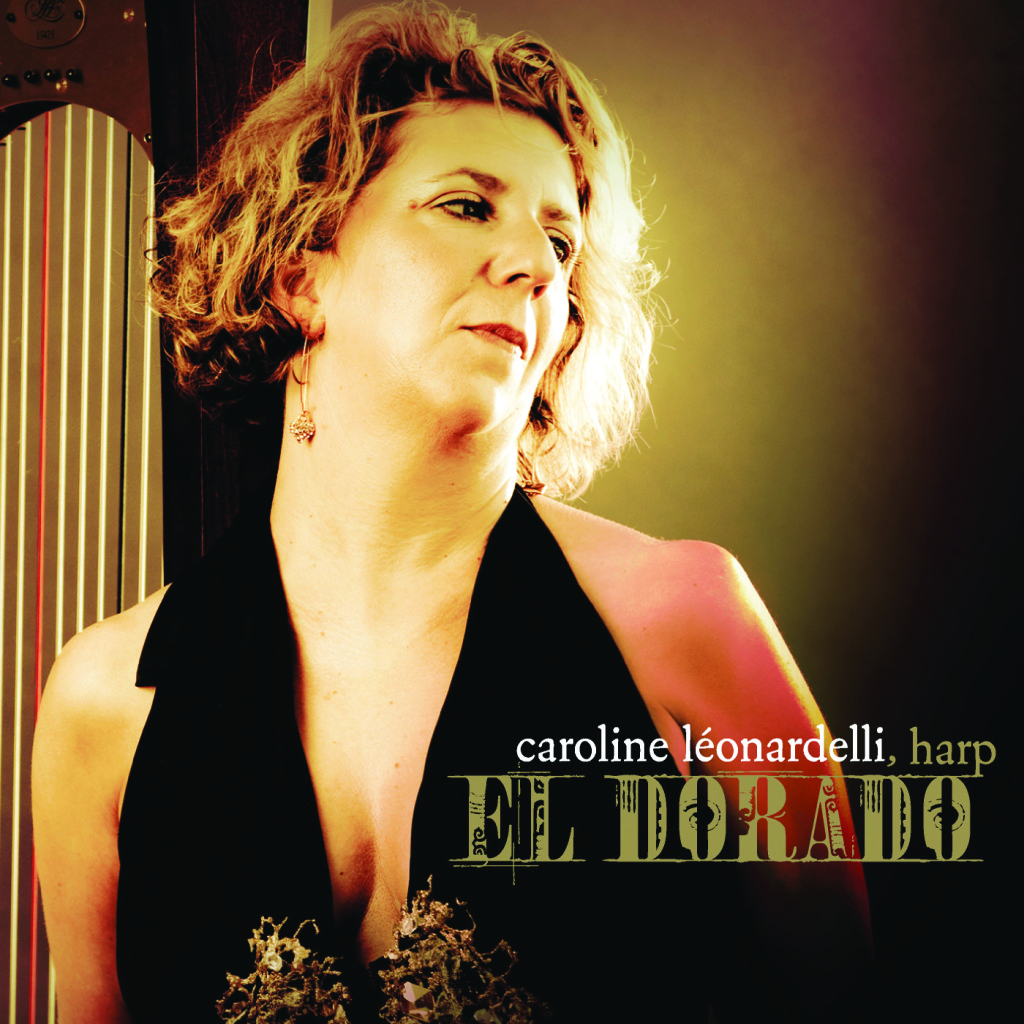
Caroline Leonardelli, harp; Centaur, 2008.
4.75 harps
(Note: recording reviews prior to 2014 were based on a 5-star system.)
Debussy’s “The Girl with the Flaxen Hair” returns in Canadian harpist Caroline Leonardelli’s first solo disc El Dorado, but its gossamer texture is surrounded by a distinctly ethnic flavor.
The mostly French selections are bookended with enticing delectables written by Slovenian-Canadian composer Marjan Mozetich. It’s hard to believe the stunning “Song of Nymphs” was initially intended as a showpiece for the technical complexities of the harp. Caroline plays with a searching wistfulness, enhancing the other-worldly and slightly-hinted-at Eastern exoticism of these short pieces. By the time we reach “Freedom,” the final of the four movements, like a gentle breeze capturing a butterfly’s wings, we feel the fleetingness of the moment.
The CD ends with another Mozetich work, “El Dorado,” a work for string orchestra arranged for small ensemble—performed on this album by the outstanding Penderecki String Quartet and bassist Joel Quarrington, plus harp. Caroline mentions how the piece makes her feel she is journeying on a quest for an elusive place—the rumored city completely made of gold. In perpetual motion, the wheels turn and turn, there’s marching and riding, but even as the scenery changes, we wonder if our greedy Conquistadors are paying attention to the stunning beauty that surrounds them in their single-mindedness. The moments of repose and contemplation are absolutely sublime, in a nearly cinematic expression of uncertainty of the mission at hand. What do we see in the end? We have to conjure that up ourselves!
Basque composer Jesus Guridi gives us a dance in 5/8, “Viejo Zortzico.” Caroline goes for a completely new sound here by allowing the arpeggios to blossom into large, floppy flamboyant flowers. The picture she paints is not of pastel a la Debussy, but in bold primary colors.
Caroline is most successful in the bouncy, highly embellished music of Jean-Michel Damase where she accentuates the unusual rhythmic pulse and delights in the jazzy chords. Written in the late ‘60s, the music is not the gauziness of Impressionism anymore. There’s a modern sensibility to its latent romanticism, and Caroline has as much fun with it as possible.
This is also a disc to unwind to at the end of the day. The music is sophisticated and the range far-reaching, but an absolute pleasure to listen to from start to finish. And a bonus for this non-harpist harp lover to discover a new composer and new sounds in Marjan Mozetich. •






